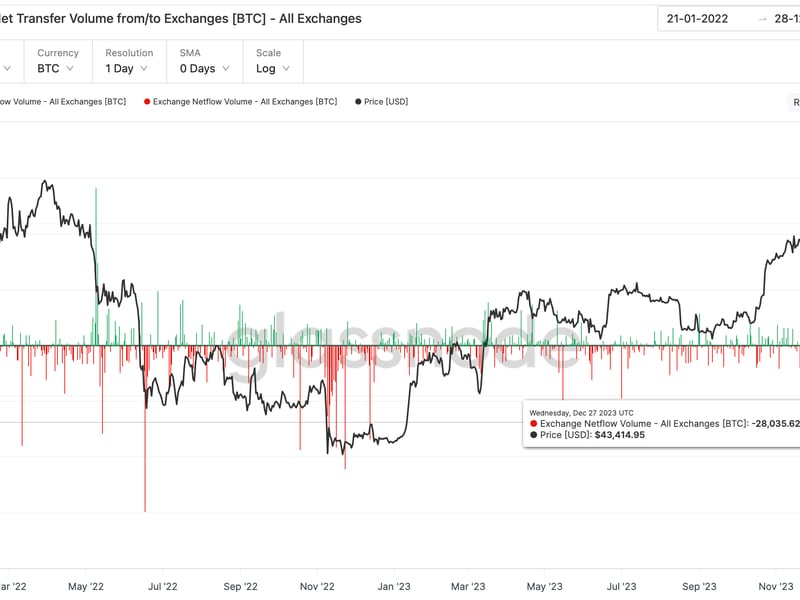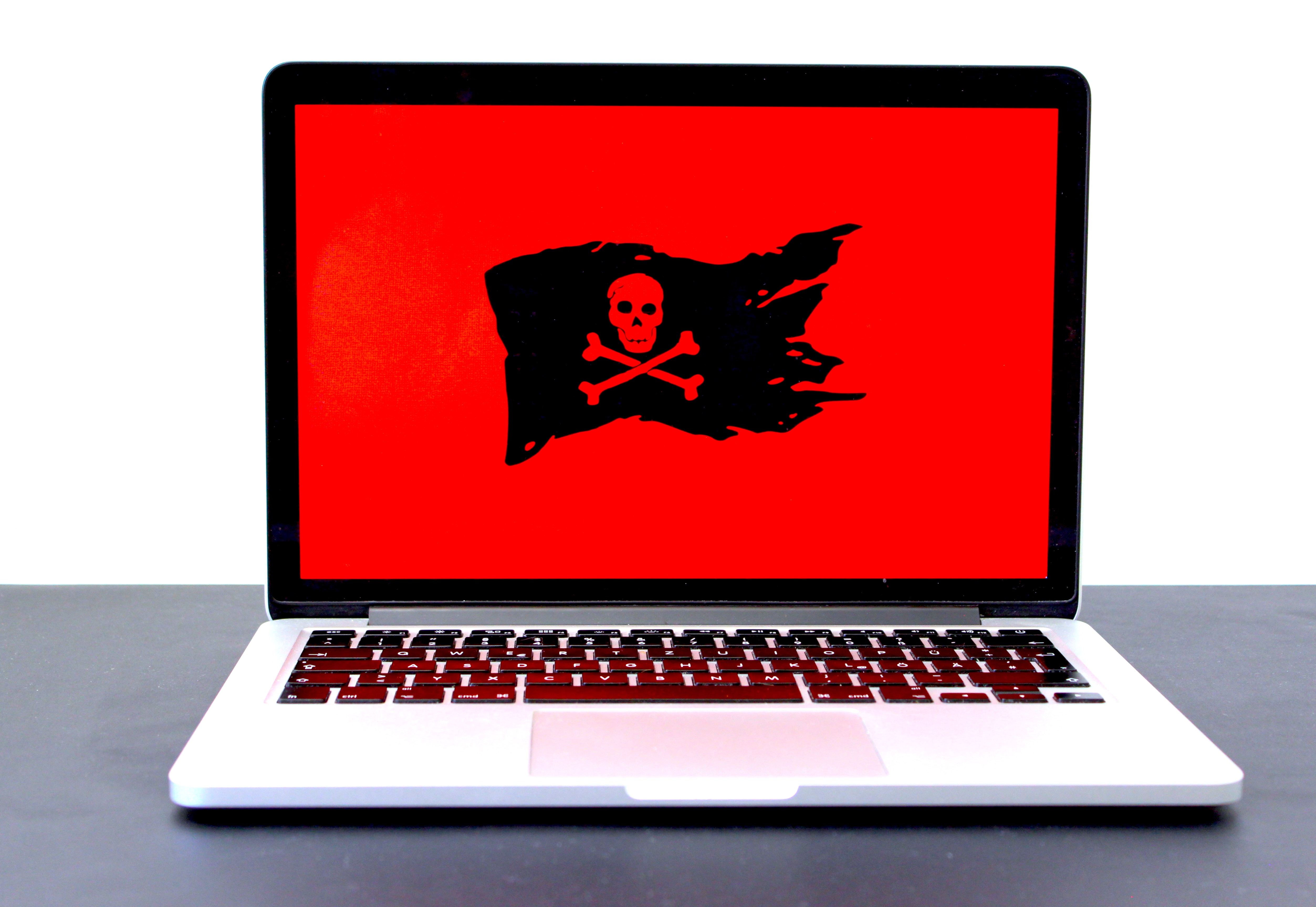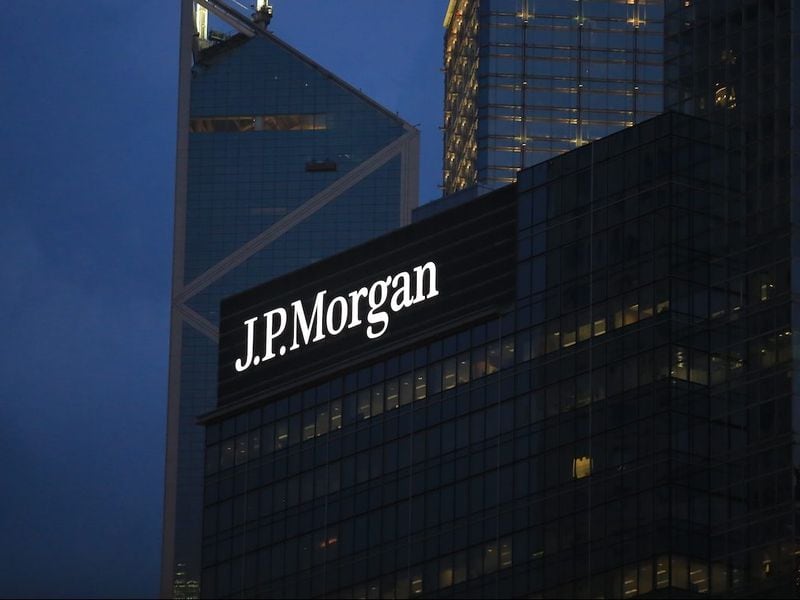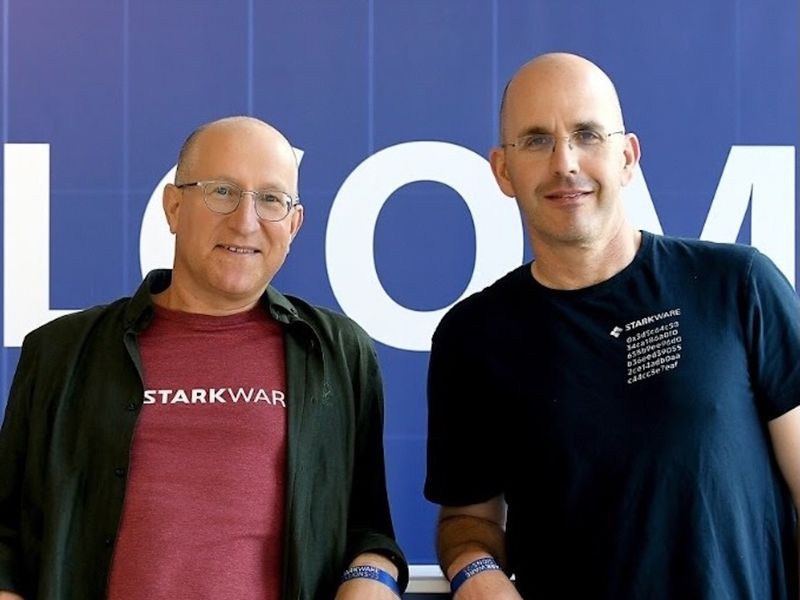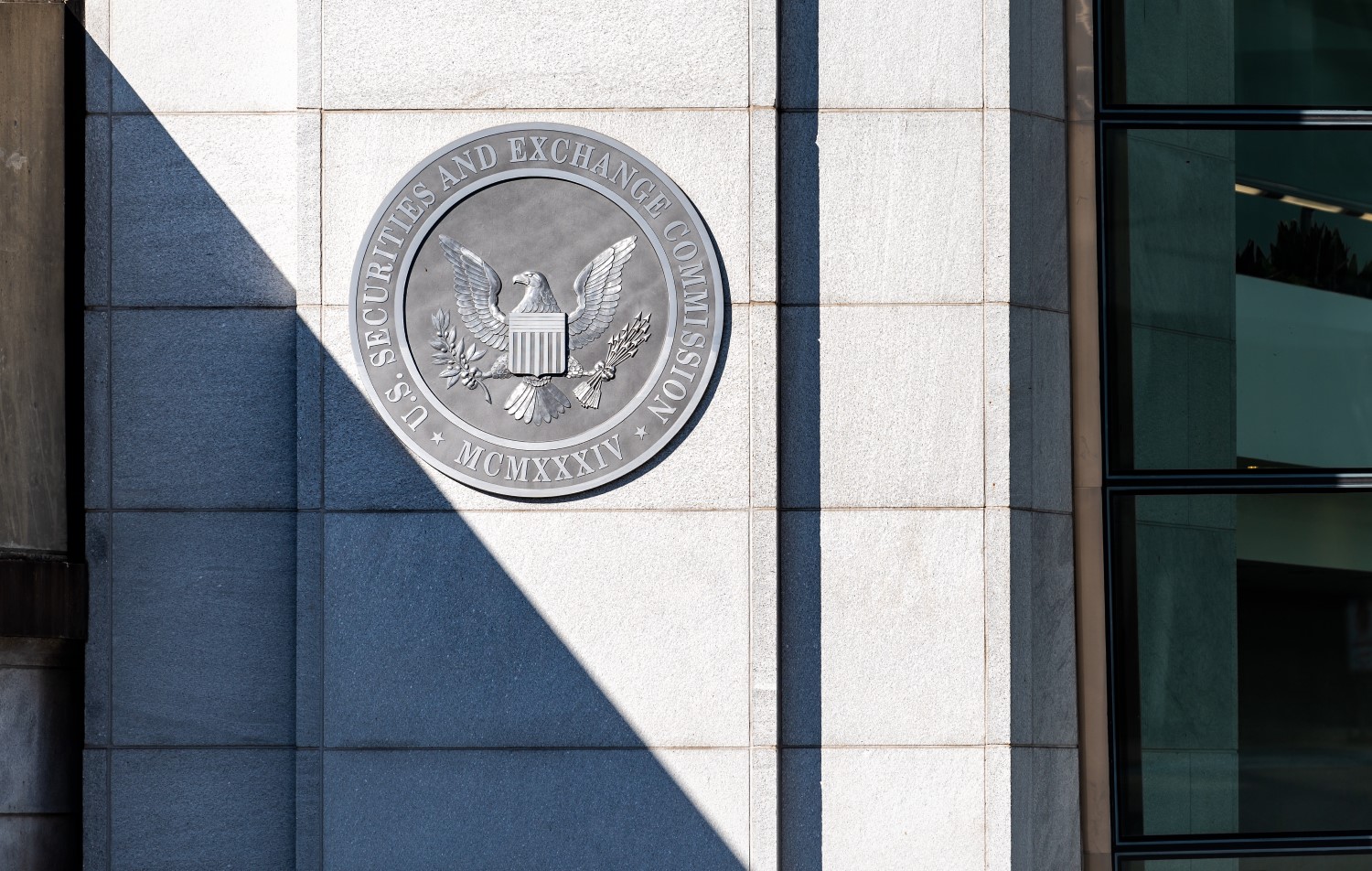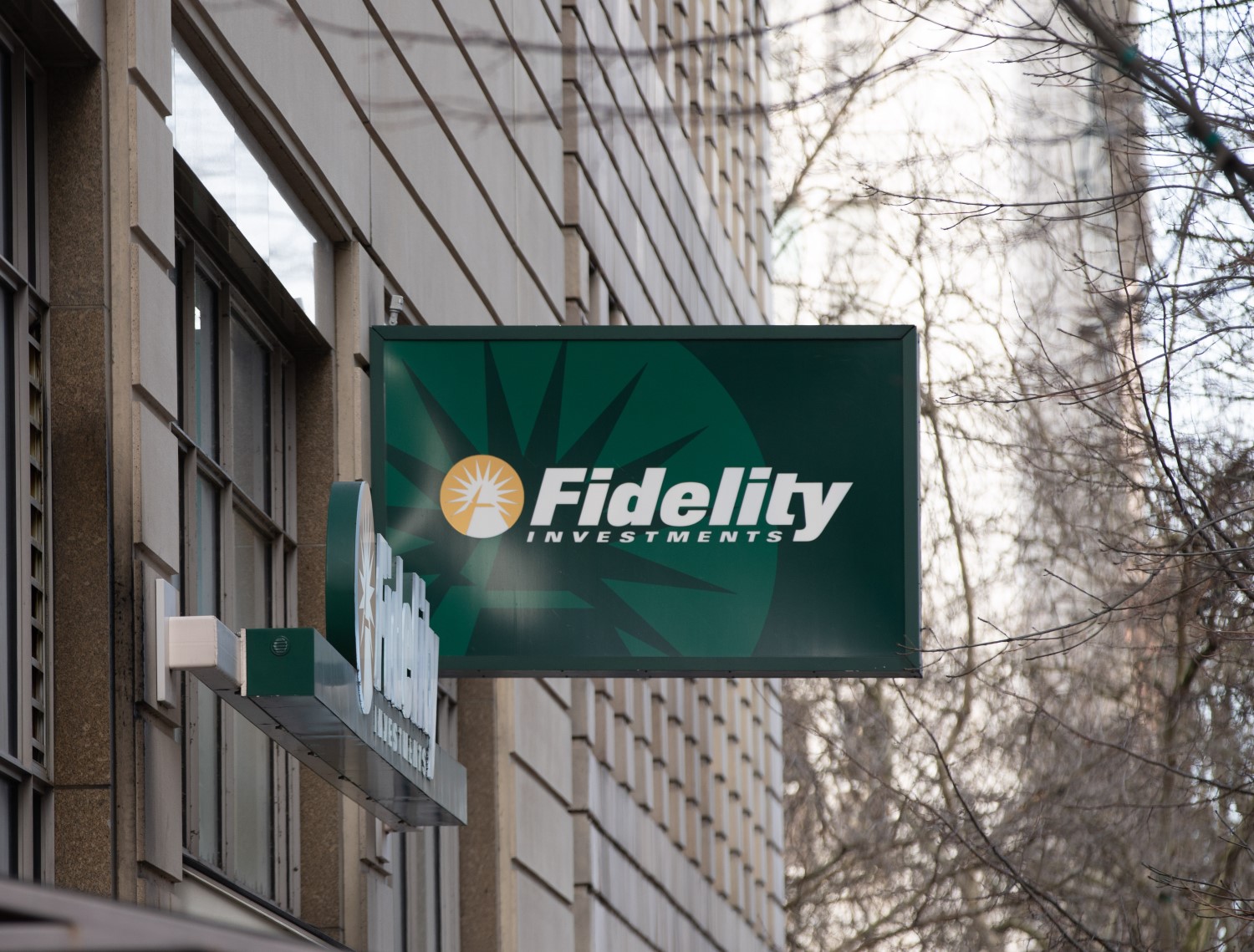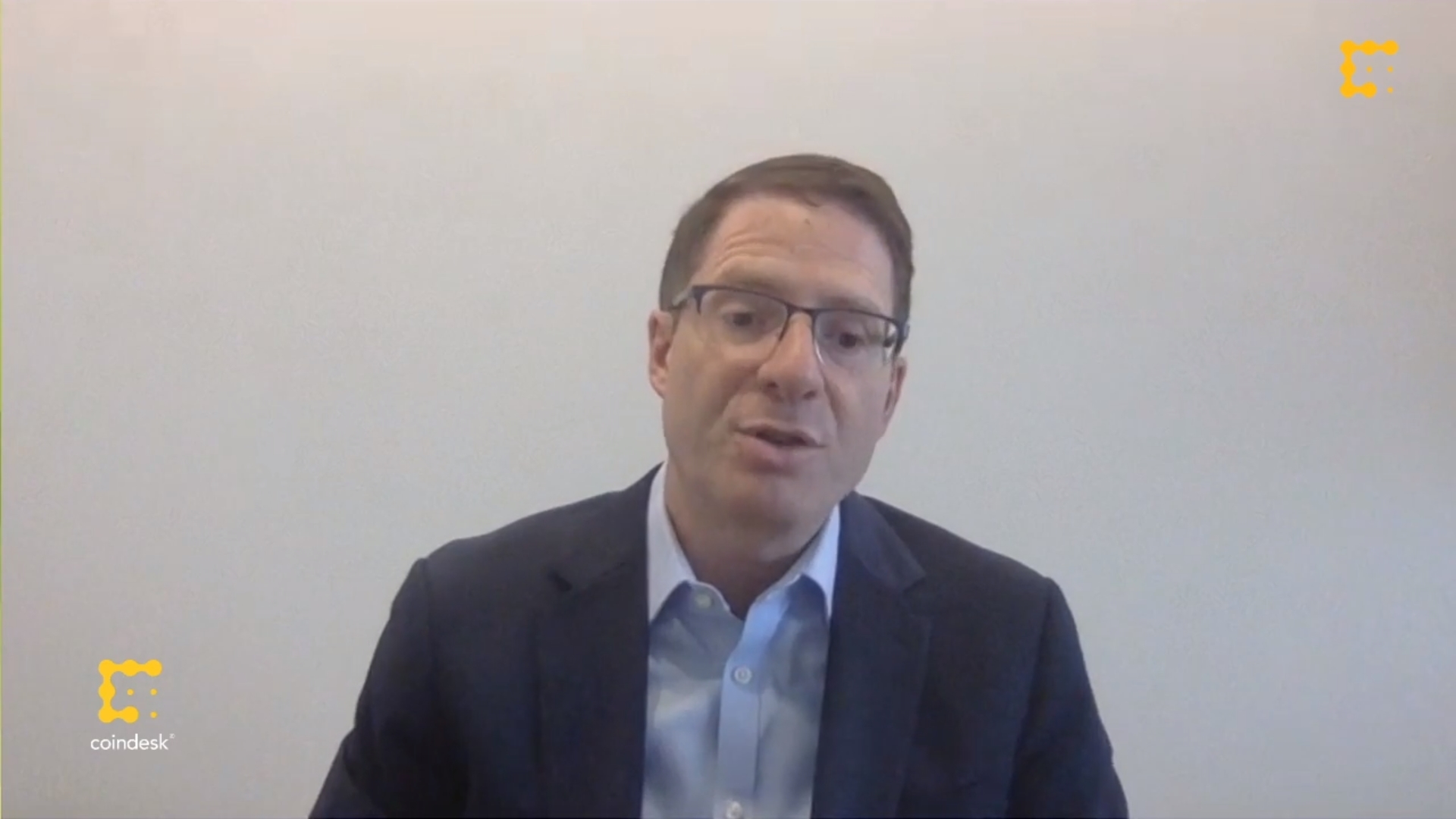Newly-Qualified Crypto Custodian Balance Aims to Bring ETF Assets Held in the U.S. Back to Canada
-
Earlier this week, Canadian crypto custody specialist Balance announced it had become a qualified custodian in the country.
-
Balance CEO George Bordianu says it’s time to bring Canada’s ETF assets back home from sub-custody arrangements in the U.S. with Coinbase and Gemini.

02:12
Solana Outperforming Amid Memecoin Frenzy

01:54
BlackRock Buys More MicroStrategy Shares; Citi Debanked Ripple’s Brad Garlinghouse

04:56
ApeCoin’s Price Surge: What’s Next After the Blockchain Debut?

01:48
Bitcoin Nears ‘Golden Cross’ Amid Rising U.S. Treasury Yields Concerns
Balance, Canada’s long-standing crypto custodian, finally attained qualified custodian status this week, prompting the firm’s CEO, George Bordianu, to say it’s time to start bringing the country’s ETF digital assets “back home.”
Bordianu is alluding to the fact that the safekeeping of crypto assets underlying funds issued by ETF providers 3iQ, Purpose Investments and Evolve, end up in sub-custody arrangements and held by blue chip U.S. exchanges like Coinbase and Gemini, rather than remaining on Canadian soil.
“We have billions worth of retail assets in Canada’s crypto ETFs that sit in the United States,” Bordianu said in an interview with CoinDesk. “We’d like to bring those assets back home. We’re trying to simplify the picture, to make it cheaper and a little bit easier for new asset managers to do a few more ETF and mutual funds in Canada.”
Bordianu makes the case that Balance does not avail itself of sub-custody partnerships because the firm has become a qualified custodian based on the strength of its own home built technology stack, as opposed to using third party technology such as a Fireblocks or a Digital Vault.
The bigger picture concerns the growth of the crypto sector in Canada more broadly. The amount of crypto collectively held in Canada’s ETFs might not seem like a big deal right now, Bordianu says, but given the growth of things like tokenized real world assets and the proliferation of stablecoins, Canada needs to focus on building its own infrastructure to handle these assets.
“It’s like saying the Toronto Stock Exchange should plug into the Depository Trust & Clearing Corporation in the U.S. to clear and settle all of their transactions through that foreign infrastructure,” Bordianu said. “If you put it in those terms, it sounds absolutely bonkers.”
Edited by Parikshit Mishra.


